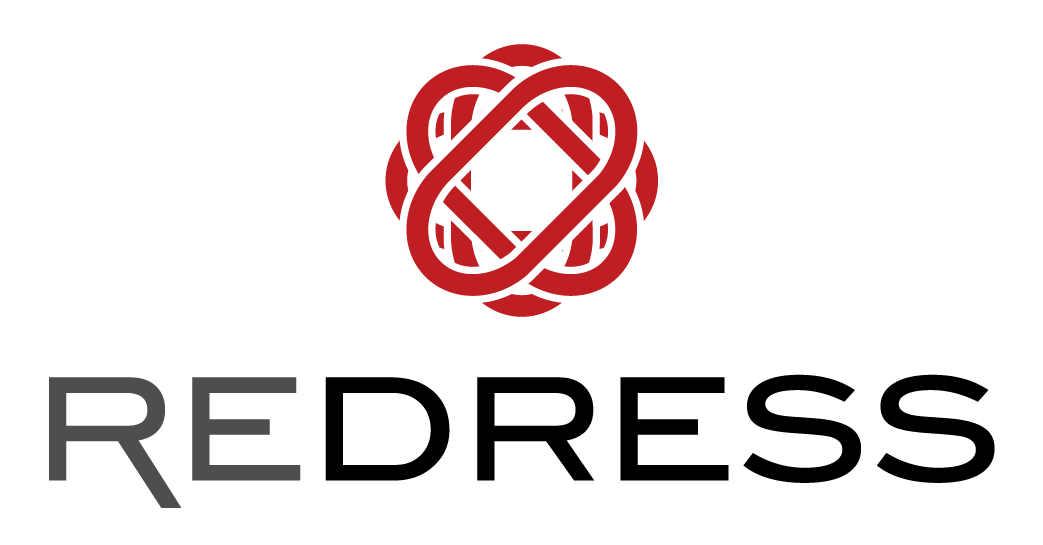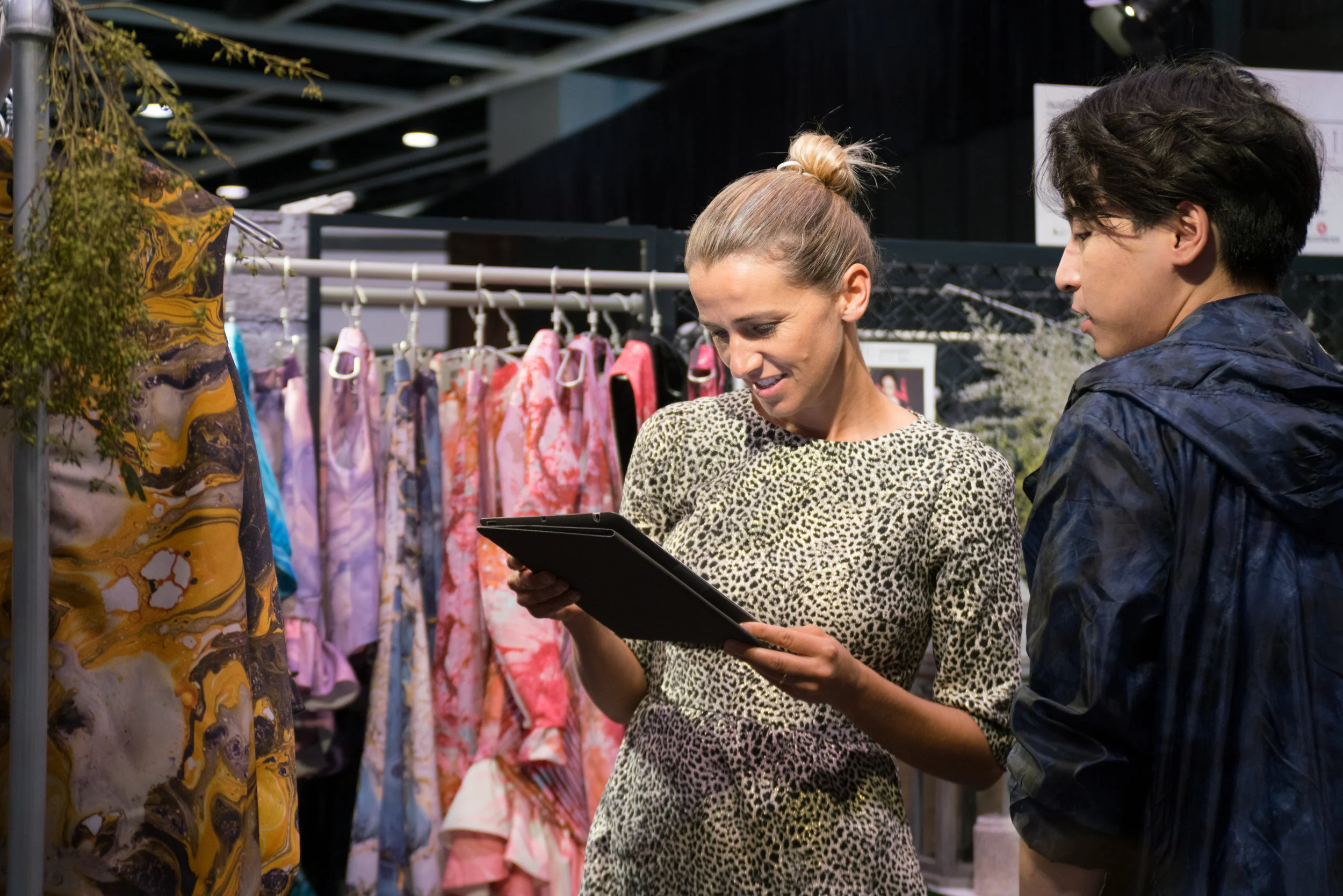Written by Christina Dean
We all know someone like my friend Grace. She’s fair and focused and her actions are laden with her genuine personal values in which honesty, kindness and generally ‘doing the right thing’ rule supreme, even after a slog of a week, bad PMT or if her boss or boyfriend (or both) are getting her down. She’s insightful about most things - from the healthiest food, fashion to fitness and she’s always got something to say about feminism - and this all makes her so damned attractive (on the inside and outside) that people can’t help but be drawn to her - perhaps hoping that her original and authentic personality is contagious and that some of it will rub off on us. Quite honestly, we’d all like to be more like Grace.
I realised that it’s people like Grace who are re-shaping the world from the grass roots level upwards whilst on a recent ‘ski-ing’ holiday in Switzerland. I say ‘ski-ing’ because being eight months pregnant at a ski resort calls for some serious chalet reading and chocolate eating. So my suitcase was packed with reports and magazines instead of ski poles and thermals.
It’s phenomenal to see the rise of such strong, opinion-leading voices within our communities who are shaping everything from our inner social groups’ behaviour, what’s said on social media to what’s going on in our society at large. Their changing opinions – along with our own – really do matter.
And opinions matter enormously in fashion. Just look at the recent Golden Globes during which the world’s celebrity A-Listers turned up head-to-toe wearing black in what was a symbolic show of solidarity for the many victims of Hollywood’s recently uncovered prolific sexual harassment cases. The red carpet turned into a rallying statement for gender equality, with big names from Halle Berry, Michelle Pfeiffer, Angelina Jolie, Emma Stone to Hong Chau - and a powerful bevvy of men - adding their voice to the conversation. Now that’s fashion with an opinion. Then take last year’s Pussy Hats - those pink wooly hats that popped up almost overnight in retaliation to a leaked video showing Donald Trump being fowl mouthed about women. Donning these pink Pussy Hats subsequently spread like wildfire amongst headstrong women - naturally this included Grace and my two-year-old dribbling niece. They even made it onto Milan Fashion Week’s sacred runways. Again - fashion with an opinion. Don't you love it?!
And with 2018 just unfolding, it’s clear that a strong voice in fashion is spreading to the wider population as more opinions hit fashion design studios, runways, shops and streets. Welcome to the rise of the increasingly opinionated fashion consumer who is searching for authenticity, individuality and originality in what they wear. It seems that we’ve all had enough of being the sheep wearing the same old things…
And many of the reports I recently devoured on those beautiful Swiss snowy peaks backed up this big trend for greater authenticity in our lives. Even nerdy researchers are proving that our desires to use fashion to express our deeper values are on the up. And many of our values seem to be about buying more ethical, sustainable and ‘fair’ fashion. Get this, 66% of global millennials are willing to spend more on brands that are sustainable. Put simply, the value younger consumers place on how brands do business and what they stand for is off the charts compared to any prior generation. This is music to my years.
And ball-busting fashion executives and creatives agree. Richard Liu, Founder of JD.com, recently said; “More and more people are looking for niche brands. No one wants to take a bag and put it on a table when a lot of ladies have the same bag with the same style. They want to find something special.” A man like Richard who bagged himself a net worth of over US$10 billion presumably doesn’t mince his business or fashion words. Stateside, Tori Burch said; “Customers today want businesses with purpose.” With her brand in ascendency, she’s not to be scoffed at either.
So, hey presto, this is why we’re seeing the rise of the independent, niche brands and purpose-driven fashion businesses. Hallelujah, maybe there is a God.
Over my decade-long career championing for a more sustainable fashion industry, I’ve certainly witnessed a radical increase globally in emerging sustainable designers who are hitting their drawing boards hard to transform their ethical values into their fashion designs. As the organisers of the world’s largest sustainable fashion design competition, the Redress Design Award, I’ve been privy to how fashion is changing, from grass roots level up. Now in our eighth competition cycle, we are overwhelmed with sustainable designers from New York to Nanjing who want to prove they can redesign fashion so that it’s more ethical. We’re now open for applications until the closing date on 13 March 2018 as designers battle to win first prize; to design for The R Collective, the upcycled fashion brand born from charity Redress. The Redress Design Award’s competition statistics speak for themselves; hundreds and hundreds of emerging designers have entered over the last seven cycles from around 50 countries and 61% of our finalists and semi-finalists have come from Greater China, proving to me China’s powerful future pipeline of talented, ethical designers who will soon drive change, just as Grace does.
But it’s not just our current fresh competitors who are making waves in fashion. So too are the Redress Design Award’s Alumni and their impressive sustainable brands. Thirty percent of our competition alumni have started their own independent, niche and sustainable brands, with many selling their collections (and their dreams) through the likes of Collette, Yahoo and Selfridges to name just a few. Take star Hong Kong designer Victor Chu. He’s 26 years old, passionate about fashion and the planet he lives on and he’s bursting with talent. That’s why his upcycled collection for The R Collective, created using luxury brands’ fabric waste with fellow designer Kevin Germanier, made it onto the hallowed rails of Barneys New York and Lane Crawford. This pipeline of ethical designers that we are cultivating is crucial so as to carry the baton from China’s early pioneering ethical designers and brands like Icicle, Ma Ke and Zhang Na.
But these early signs of optimism aren’t good enough. We urgently need the likes of JD.com, Farfetch, Taobao, Tmall and Net-a-porter to retail these sustainable and authentic brands so that people like you and me can wrap our bodies in clothes that match our values. Fashion is, after all, a series of opinions expressed through fabrics and now is an exciting time to let your opinions for a better fashion industry - and a better you - loose.
This article first appeared in Chinese in Modern Weekly magazine in January 2018


